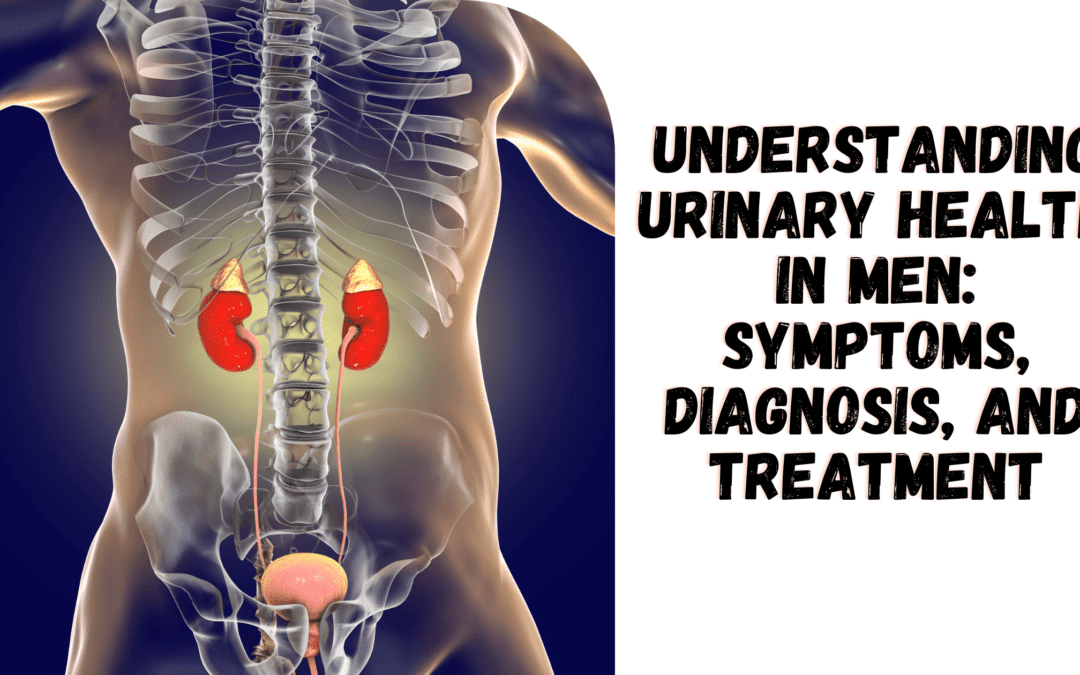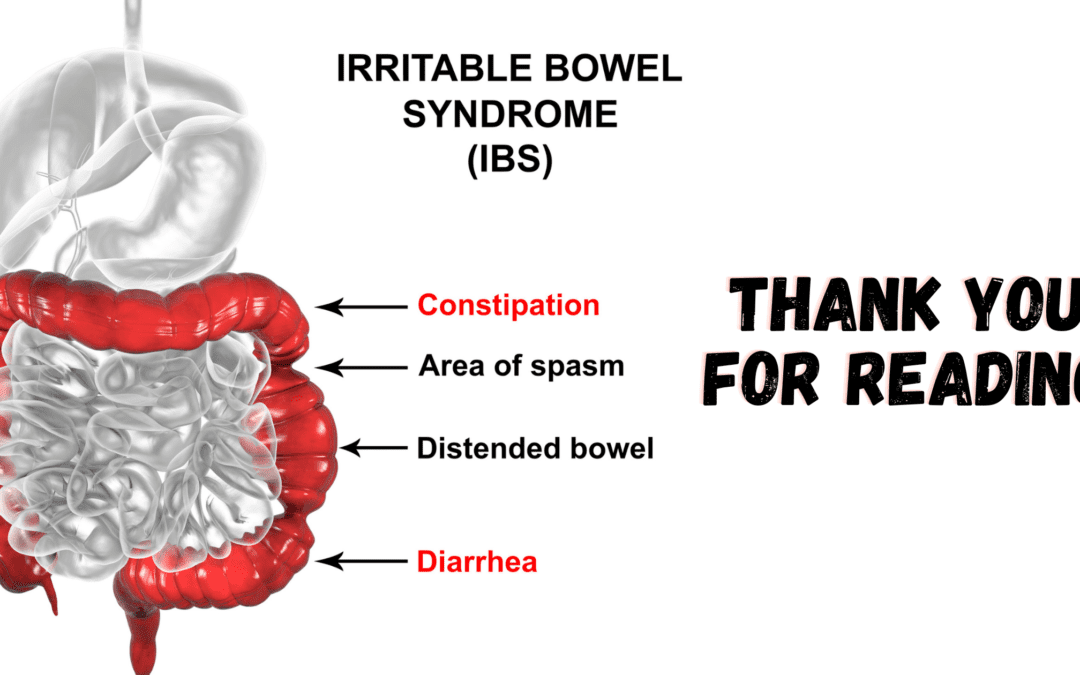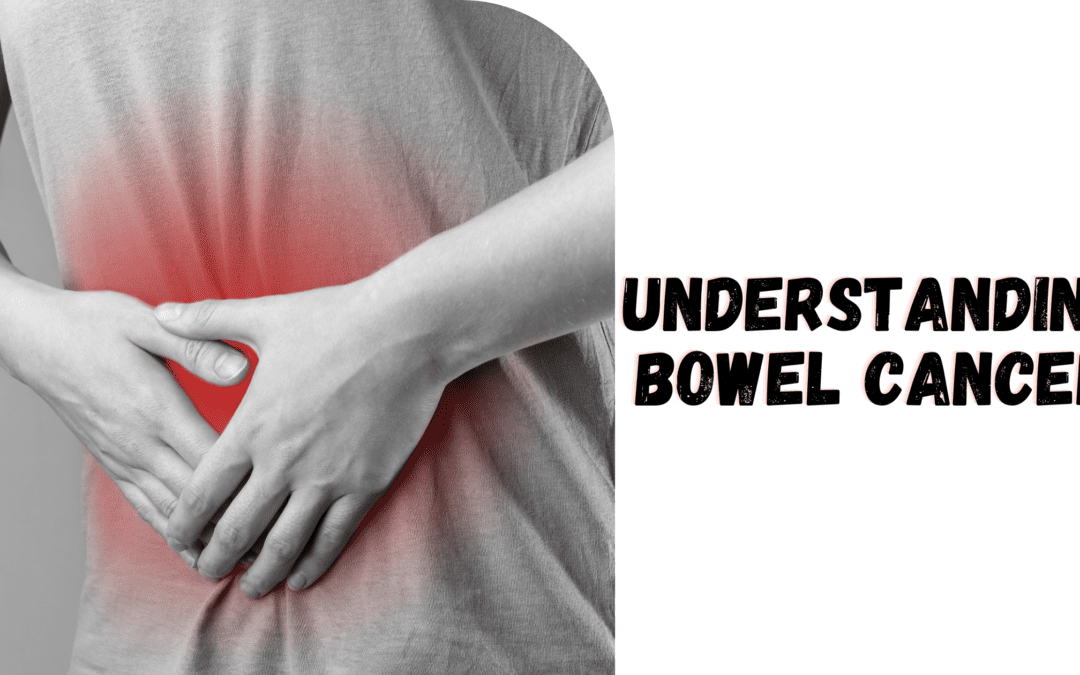The Mediterranean Diet: A Path to Better Health and Longevity
Are you overwhelmed by the countless diets out there? Look no further! In this blog post, we’ll explore the Mediterranean (Med) diet, a renowned eating plan backed by medical professionals and health organisations. Discover how this diet can help reduce your risk of premature death, cardiovascular disease, and cognitive decline. Get ready to embark on a journey toward better health and longevity.
The Benefits of the Mediterranean Diet
With the increase in ultra processed foods and a new diet every day, knowing what to eat has become very confusing. However, most medical professionals and health organisations recommend the Med diet.
There is a multitude of research that shows that the Mediterranean diet helps to reduce your risk of premature death and cardiovascular risk. The Mediterranean Diet can reduce your cardiovascular risk by up to 24%. Some of the medications commonly used for cardiovascular disease cannot reduce your risk by this amount. This is thought to be because the diet has a positive effect on body mass index (BMI), blood sugar and inflammation levels.
The Mediterranean diet has also been shown to have a positive effect on cognitive abilities (brain function) and aging. An unhealthy diet can be harmful to the DNA in cells, and this can lead to disease. The Mediterranean diet contains antioxidants, and this can be protective against damage to cells. Research has shown that women who eat a Mediterranean diet are more likely to be healthy in their late 50s to early 60s. They were less likely to have chronic disease, significant mental health issues or cognitive disease.
Embracing the Mediterranean Diet
Better health is not about having a low-fat diet but having a diet rich in the right fats such as olive oil, avocados, oily fish and nuts. A Mediterranean diet contains:
- Olive oil
- Beans
- Fish as the favoured animal protein
- Whole grains
- Fruit
- Vegetables
- Nuts
- Small amounts of dairy including cheese
- Water as your key beverage
- Small amounts of red wine with a meal
It also involves exercising daily, drinking mainly water, and eating your meals together with family and friends. Red meat should be eaten a couple times a month. Dairy and other animal proteins should be eaten a couple of times a week. Elements of the Mediterranean diet can be detrimental in high amounts. For example, cheese, olive oil and nuts, though they contain “good” fats, should be eaten in moderation.
Recognition and Recommendations
Earlier this year, the US News and Reports Annual Best Diet Report voted the Mediterranean diet the best of 2023 for the 6th year running. The World Health Organisation also recommends the Mediterranean diet (as well as the Nordic diet which is a variant of the Med diet). Have a look at your diet and see how close it is to the Med diet. If there are aspects that you can improve try, and make a small change each week.
FAQs
Q1: Can I follow the Mediterranean diet if I’m a vegetarian or vegan?
A1: Absolutely! The Mediterranean diet is flexible and can be adapted to various dietary preferences. Simply focus on plant-based protein sources like legumes, tofu, and tempeh.
Q2: Are there any specific recipes I can try on the Med diet?
A2: Certainly! The Med diet offers a wealth of delicious recipes. Look for dishes featuring fresh vegetables, whole grains, fish, and olive oil. You can find countless recipes online or in Med diet cookbooks.
Conclusion
In a world full of confusing diets, the Mediterranean diet stands out as a proven and sustainable approach to better health. By embracing this lifestyle, you can reduce your risk of cardiovascular disease, support brain health, and promote longevity. Take a closer look at your current diet and make small changes each week to align it with the Mediterranean principles. Your body and mind will thank you!
References:
- The Nutrition Source. Diet Review: Mediterranean Diet; https://www.hsph.harvard.edu/nutritionsource/healthy-weight/diet-reviews/mediterranean-diet/#:~:text=The%20Mediterranean%20diet%20is%20a,protein%20being%20fish%20and%20seafood
Date last accessed: 14/07/2023
Date last accessed: 14/07/2023
Thanks for Reading our Mediterranean diet! blog!
Enjoyed this post? Check out our other Blogs for more health-related content!



















































0 Comments